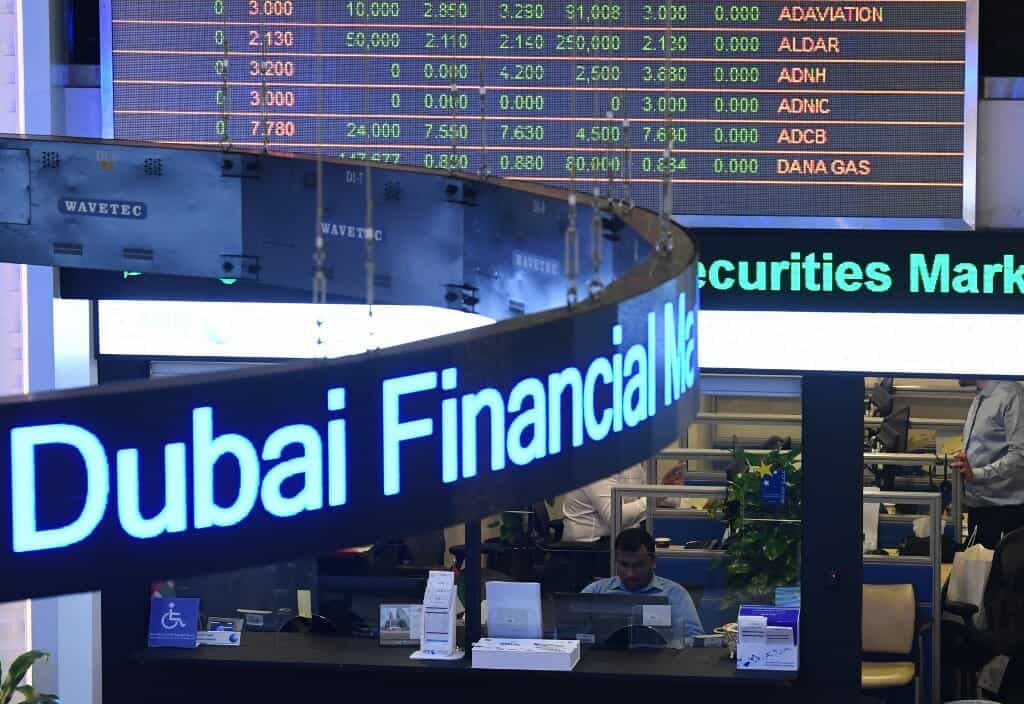Scandals in two Dubai-based private equity firms followed by the COVID-19 crisis has rattled the financial markets in the United Arab Emirates (UAE) in the last couple of years but the region’s industry executives are working hard to improve the dented image and put the sector back on track by attracting more foreign investors in future.
Ironically, it was the hard-earned savings of the investors which were lost in these scandals and investigations are on to trace and recover the money.
First, it was Al Masah Capital, the GCC’s most active company, which came under scanner for allegedly misleading investors about fees a decade ago. The firm was liquidated in May 2020 and the company’s executives including its founder were fined US$4.5 million by the Dubai Financial Services Authority (DFSA).
This was followed by Abraaj Group, another high-profile entity in the emerging markets PE industry, which was in the news for allegedly mismanaging US$1 billion healthcare fund in 2018. The management allegedly diverted the funds to support the businesses of Abraaj’s Chief Executive and founder Arif Naqvi.
Even Bill & Melinda Gates Foundation was among the institutional investors which poured its money into the firm. Here too, the Dubai’s financial regulator stepped in and imposed fines totalling US$315 million.
While Abraaj Investment Management was asked to pay US$299.3 million, Abraaj Capital Limited was penalised US$15.3 million. Prior to the collapse, Abraaj Group was one of the biggest PE firm in the Middle East managing assets around US$14 billion.
The pandemic struck another blow as some of the closed PE deals were reopened while some ongoing deals were put on hold, according to Wamda, which accelerates entrepreneurship ecosystems throughout the region.
Light at the end of tunnel
However, all hope is not lost as region’s industry executives have formed a new body in January 2021 which is tasked with the job of improving the dented image and put the sector back on track by attracting more foreign investors in the future.
The new body, christened as MENA Private Markets Association or MENA-PMA, aims to offer the investors this year and next a unique opportunity as the geopolitical risks is on the wane and also in view of the region’s compelling youth demographics.
MENA-PMA, started by executives at Affirma Capital, Gateway Partners, NBK Capital Partners among others, suggested the recent scandals served as a motivation for its founding. “We have seen some regional groups act in a non-compliant manner and we all are left to defend our industry,” the association said in a release.
Other objectives of the non-profit organization include promoting the region as a global and regional investment destination and shaping “the media narrative,” the release said.
Even DFMA assured that it was stepping up scrutiny of firms to avoid a repeat of the Abraaj and Al Masah failures.
“Post Covid-19, we will only be as strong as our weakest link and we need to collectively apply the lessons learned in order to regain our foothold as among the strongest investment destinations, both regionally and globally,” the release added.
Scouting for new deals
Undeterred by the twin scams, Bahrain-based Investcorp Holding, the region’s biggest private equity and alternative asset manager, is looking for fresh deals after the pandemic made companies cheaper to buy and scandals thinned out the competition, according to a Dubai-based business news media.
Investcorp Holding, which manages about US$34 billion, is looking to do more in the region across the health-care, transport, logistics and industrial sectors, said Walid Majdalani, the firm’s head of private equity for the MENA region.
Over the past four years, Investcorp helped sell three family-controlled companies in which it held stakes on the Saudi stock exchange.
The three Saudi companies that Investcorp helped with initial public offerings include jewelry manufacturer L’Azurde, gym owner Leejam Sports, and grocery chain BinDawood Holding Co., which rose 10% on its trading debut, valuing it at over US$3 billion.
Investcorp is also working on a fourth IPO of a Saudi company, Theeb Rent-a-Car and it is expected to take in early 2022.
“We see a lot of opportunity to replicate what we have done already in Saudi Arabia — the difference is now business owners are a lot more realistic about valuations. Also, in terms of other people who do what we do and have teams on the ground, today we don’t see a lot of competition,” Majdalani said.
New deals in the Middle East will likely be executed through a combination of raising a new PE fund and also offering opportunities to Investcorp clients on a deal-by-deal basis, Majdalani said.
Region’s share minimal
Globally, the PE firms manage about US$3 trillion of capital for various investors such as pension funds, sovereign wealth funds, endowments and High Net worth Individuals (HNWI).
But in Middle East, they manage a nominal US$18 billion, which is around 0.6%. This indicates the industry good potential to grow compared with its peers around the world.
The acquisition of Souq by Amazon and the fund raising by Careem and Talabat besides Saudi Arabia’s announcement to join hands with Softbank to set up a US$100 billion technology fund too raised the hopes of investors.

